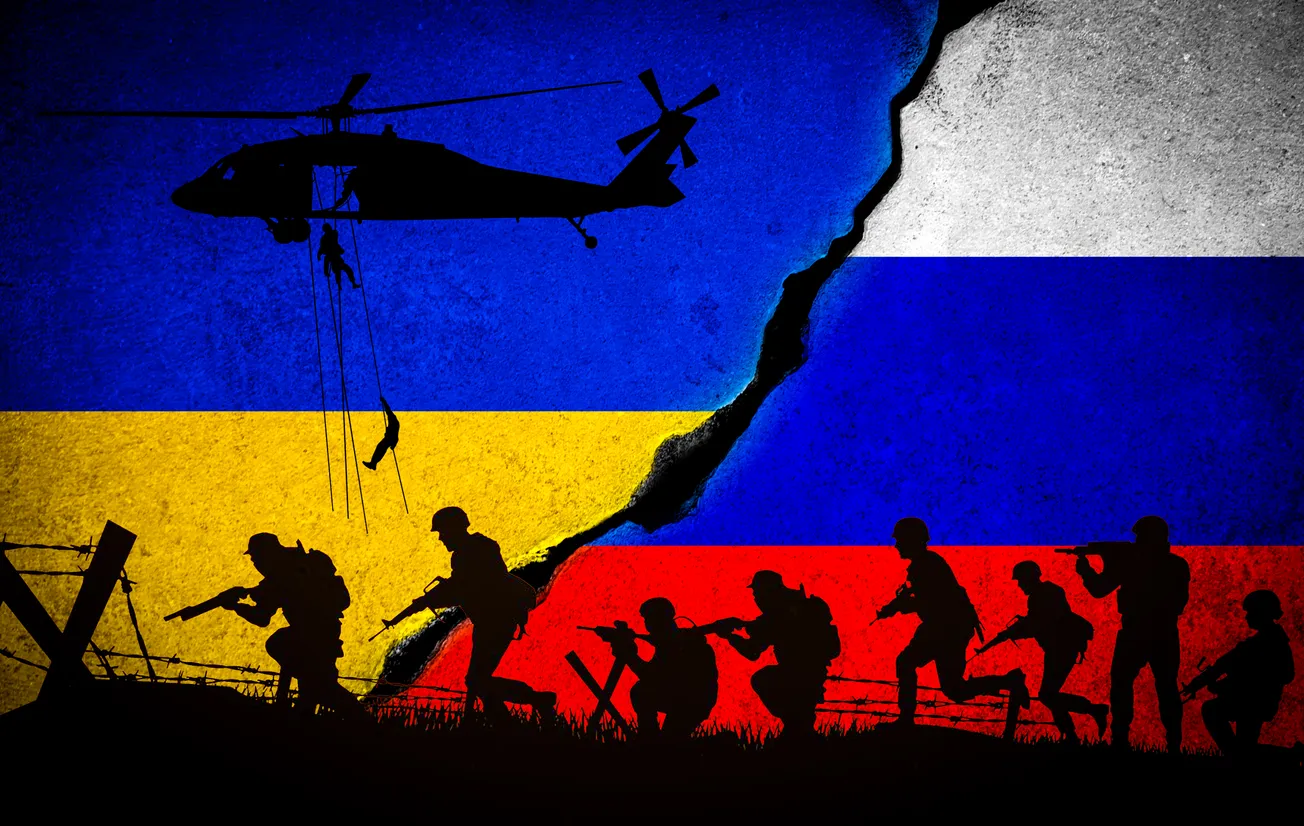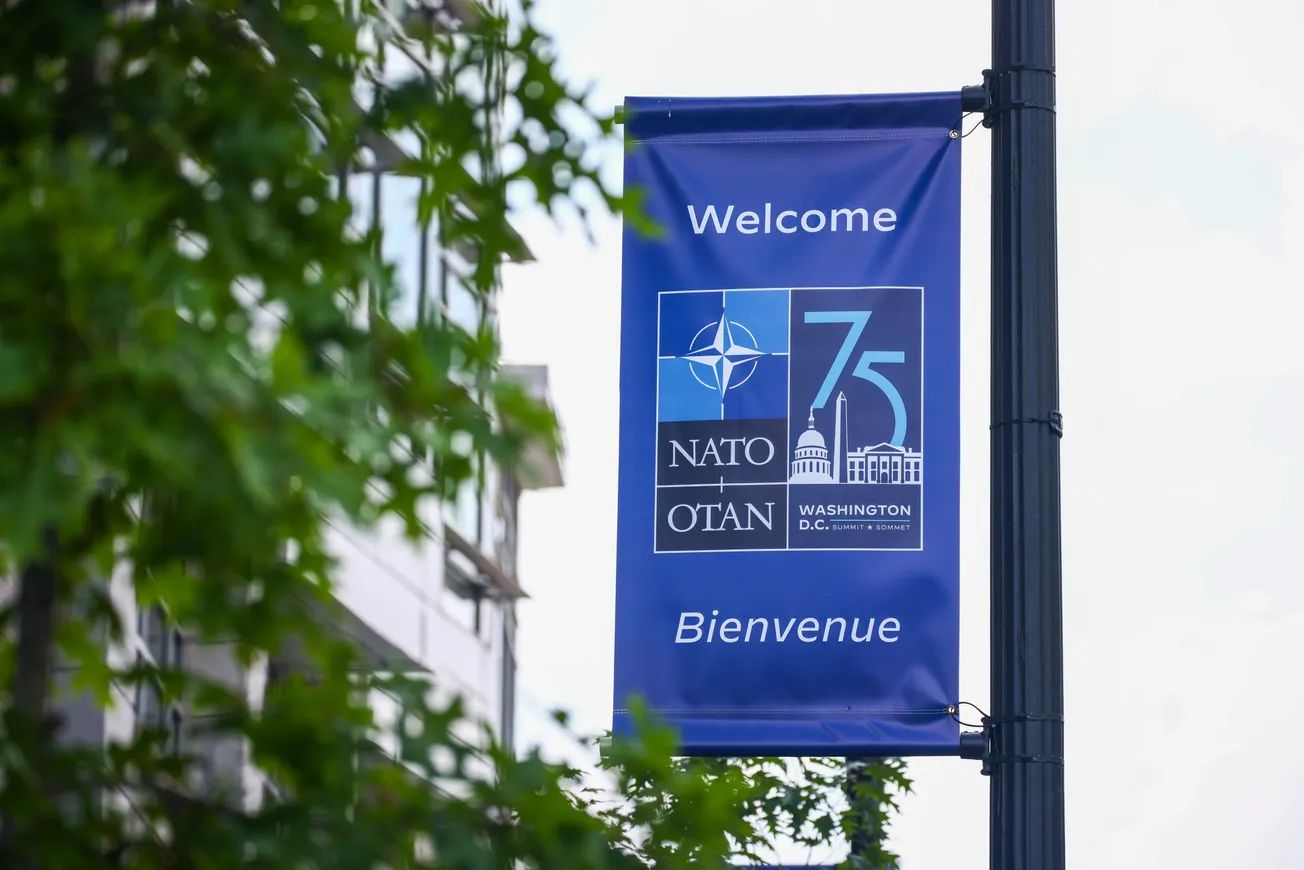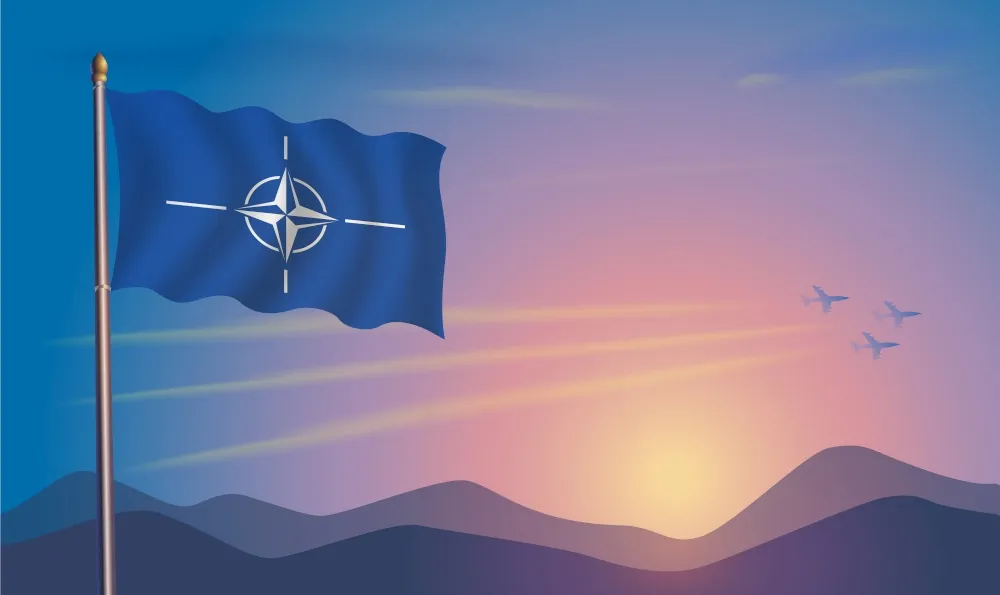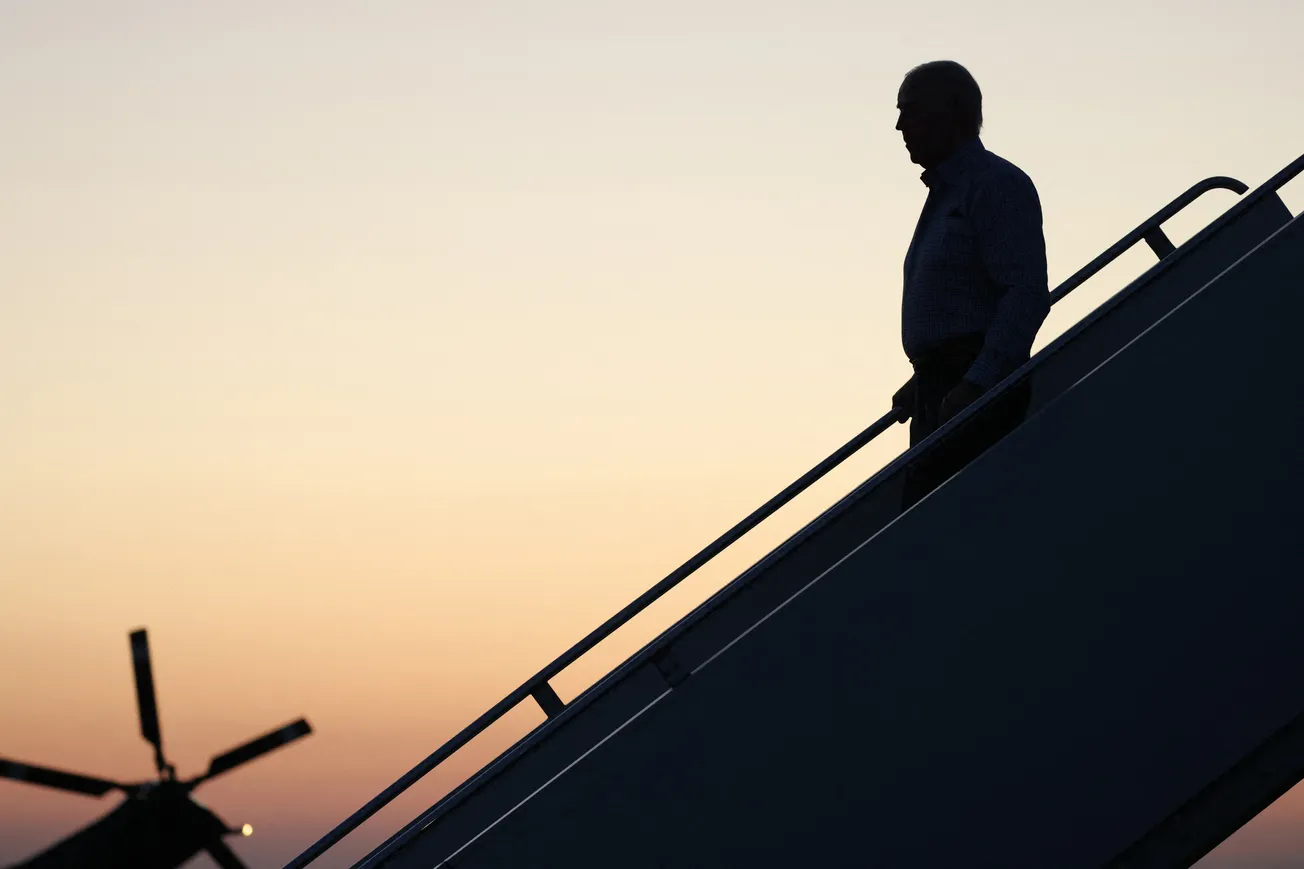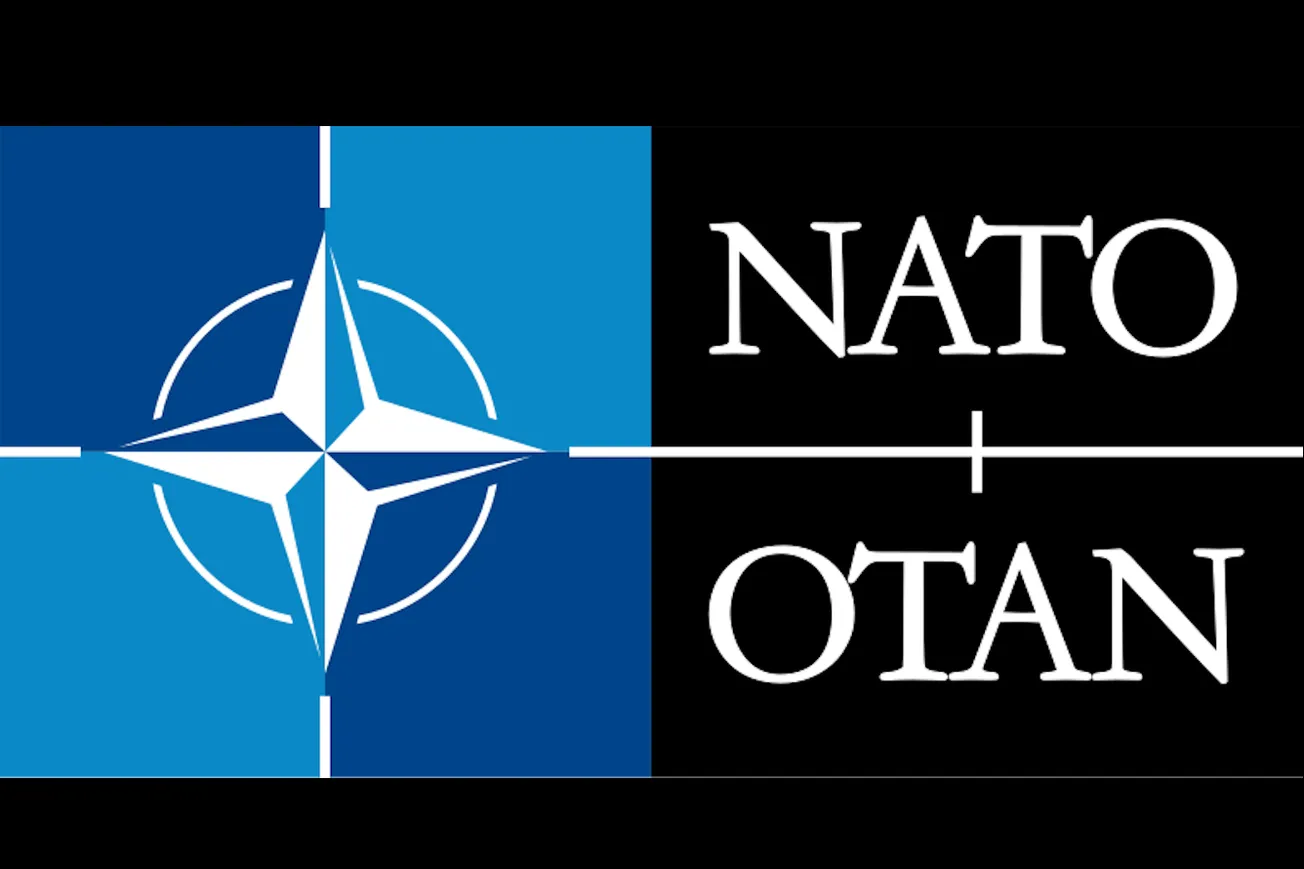What a change in the global power balance a week can bring! Ten days ago, we described America's support for Ukraine - the "As long as it takes" strategy - terms President Biden repeated in Warsaw this week. But foreign policy often has a strange way of getting ahead of speechwriters.
Today, America's commitment to Ukraine is not constrained by time; it is for "as long as it takes." In a few days, the administration will grapple with geopolitical challenges it never anticipated before Biden's pompous visits to Kyiv and Warsaw.
President Putin announced that Russia would suspend its participation in the New START nuclear arms reduction treaty. This dangerous escalation will further deepen the abyss between America and Russia. American officials will no longer have the right to inspect Russia's weapons facilities. Russia, currently limited to 1,550 strategic nuclear weapons, can now expand its inventory without oversight. It also can begin testing its weapons, sending goosebumps to neighboring countries that don't have similar weapons of their own.
America also managed to irk another world power when things started going out of hand in Munich last week. Displaying the habitual hubris that Biden's top foreign policy officials take to their meetings with international counterparts, Secretary of State Antony Blinken lectured China's top foreign official, Wang Yi, regarding the disastrous flight of the surveillance balloon: "It must never happen again."
If the purpose of diplomacy is to use words carefully to achieve an objective, the State Department has failed. Blinken had already canceled a scheduled trip to Beijing because of the balloon incident, a far greater penalty meted out to China given that high-level diplomatic contacts have practically ceased since the Trump administration. So, besides playing to the friendly corporate media in the West, what was the need to needle Yi in public?
But Blinken was not done. Moving on to another topic, he also warned Yi of consequences should China provide material support to Russia's invasion of Ukraine. The warning was poorly timed because Yi had been visiting European countries to play peacemaker, and the United States knew this.
The resulting fallout was immediate. Chinese foreign ministry spokesman Wang Wenbin responded that China "will never accept the U.S. pointing fingers at Sino-Russian relations or even coercing us. It is the United States and not China that is endlessly shipping weapons to the battlefield. We urge the United States to earnestly reflect on its own actions and do more to alleviate the situation, promote peace and dialogue, and stop shifting blame and spreading false information."
The art of diplomacy is not to humiliate a major power. But the Biden administration is adept at doing precisely this. In Rome a year ago, Jake Sullivan, the National Security Adviser, met with Chinese diplomat Yang Jiechi to discuss China's support for Russia. A senior administration official summarized the meeting: "We have deep concerns about China's alignment with Russia at this time, and the national security adviser was direct about those concerns and the potential implications and consequences of certain actions."
Major powers don't change policies when threatened, even if doing so would be in their interests. No country would want to appear as though it capitulated to a foreign rival - and history matters. China-Russia relations have been robust for years. Chinese President Xi Jinping's first foreign trip as China's leader was to Russia in 2013. He and President Putin have since met about three dozen times, the most that either leader has met with any other Head of State. A year ago, the two declared a friendship with "no limits," a relationship that strengthened further when Wang Yi received a warm welcome at the Kremlin this week. Both sides announced that Xi would visit Moscow soon.
Annual trade between Russia and China is expected to reach $200 billion. Moscow is already the largest holder of China's currency abroad. China is the largest importer of Russia's natural resources. The latter has become a substantial market for China's cars, consumer products, and dual-use electronics that can be used for civilian or military applications.
American policy in Ukraine has pushed two crucial United Nations Security Council members closer together. Both China and Russia view America as the aggressor. Even Ukrainian president Zelenskyy, the world's cleverest politician, conceded how dangerous things have become. "For us, it is important that China does not support the Russian Federation in this war," Zelenskyy told the German daily Die Welt. He continued, "Because if China allies itself with Russia, there will be a world war, and I do think that China is aware of that."
President Biden is nonchalantly moving to help Ukraine no matter what it takes: a worsening cold war with two nuclear powers teaming up to challenge American hegemony in world affairs; sending Global South countries to the Russia-China axis; being at the receiving end of the dangerous suspension of a nuclear arms treaty; and inadvertently inviting even World War III.
The "as long as it takes" war is slowly moving to the "whatever it takes" war. We long for the relatively peaceful days when President Trump was in office when all we had to contend with daily was a tweet.

